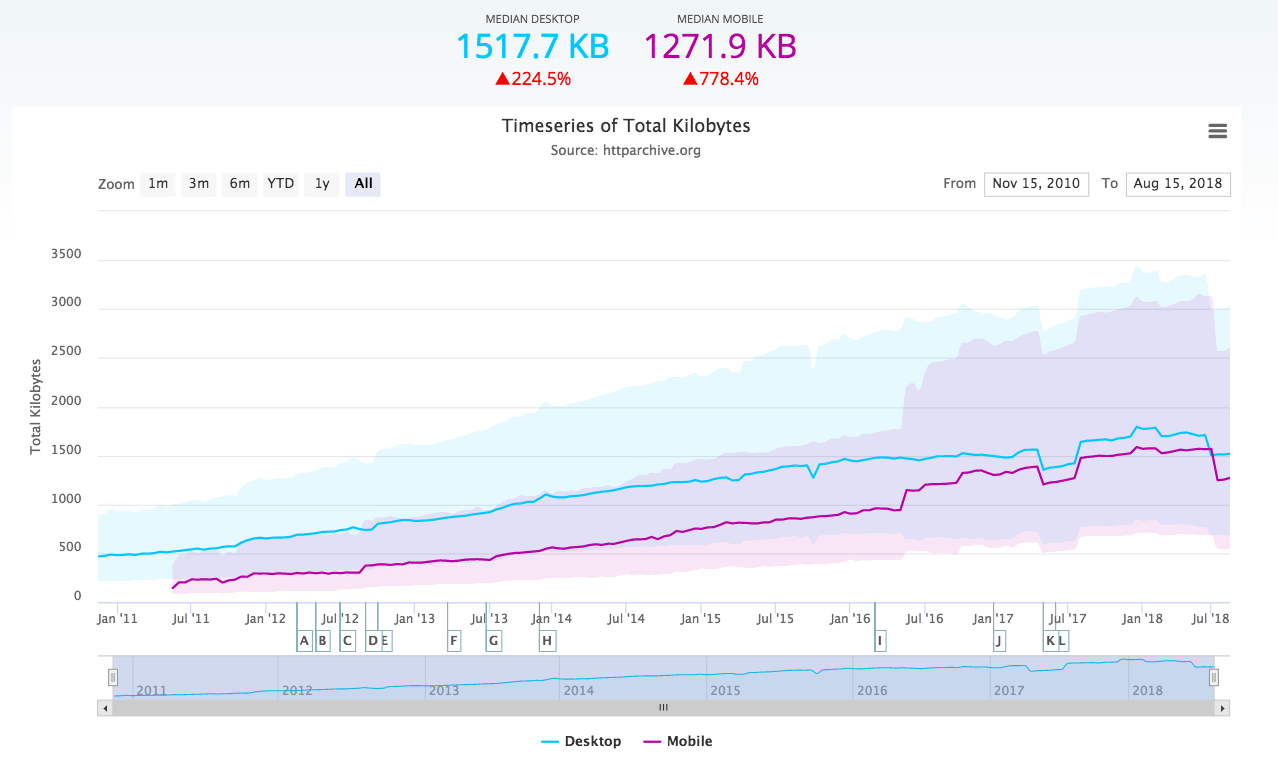 When an Internet-enabled device is the first thing you see when you wake up, is your companion all through the day, and the last thing you see when you go back to bed, it might be time to ask yourself – am I a Web addict yet? Or when will I be?
When an Internet-enabled device is the first thing you see when you wake up, is your companion all through the day, and the last thing you see when you go back to bed, it might be time to ask yourself – am I a Web addict yet? Or when will I be?
We took a look at perceptions of the Internet and addiction to put our minds – and yours – to rest on the matter, coming to conclusions more positive than we had hoped.
Today most feel they can’t live without the Web
For something that has been in popular use little more than a decade, we have come to depend on the Web to an extent that is mind-boggling. A recent Intel-sponsored survey among US adults showed that:
- A majority of US adults today prefer Internet access to cable TV, a gym, restaurant dinners and shopping for clothes.
- 46 percent of the women and 30 percent of the men would rather go without sex for two weeks than give up Internet access during that time.
- 71 percent of the adults felt it was important or very important to have Internet-enabled devices that can provide them with real-time updates.
- 65 percent of the adults felt they couldn’t live without Internet access!
What is Web addiction, really?
Look up “addiction” in Wikipedia and you’ll find the following:
The term addiction is sometimes applied to compulsions that are not substance-related, such as problem gambling and computer addiction. In these kinds of common usages, the term addiction is used to describe a recurring compulsion by an individual to engage in some specific activity, despite harmful consequences, as deemed by the user himself to his or hers individual’s health, mental state or social life.
So – clear cases of addiction to individual Web activities such as gambling or online games aside – when do we all become Web addicts? By popular definition we would be addicted if we felt a recurring compulsion to use the Web in spite of our perception that it had harmful consequences to our health, mental state or social life.
Needless to say, one harmful consequence is that Web activities simply crowd out other activities that are important to our well-being, like sports or maintaining close relationships with friends and family.
But wait, it’s not quite that simple…
Nine out of ten think Internet is an improvement
The Intel survey also showed that nine out of ten adults felt that the Internet had improved one specific and very important aspect of their lives; nearly seventy percent felt that the Internet had improved their ability to stay in touch with their friends and family, something that is vital for happiness and health.
So, perhaps we should just avoid labels like “addiction”.
That is just as well, because try going cold turkey and have nothing to do with the Internet these days. You would more or less have to live in a hut out in the woods with a tin-foil hat. That may be stretching it a bit, but our point is that in modern society, living completely without interacting with the Internet can be pretty much ruled out.
Although we should sometimes ask ourselves if we spend an unhealthy amount of time on the Web, we all need to acknowledge that our habits as a society are changing, and that doesn’t necessarily have to be a bad thing.
But here’s a thought: Ever tried not checking your email for a couple of weeks? 😉
You could also try testing yourself with this funny quiz.
What are your thoughts on this? It’s a tricky subject, and we’d love to hear your opinion.


























